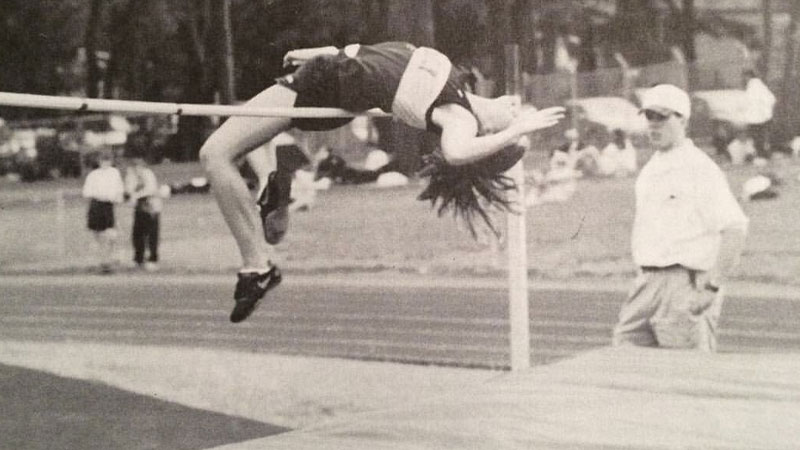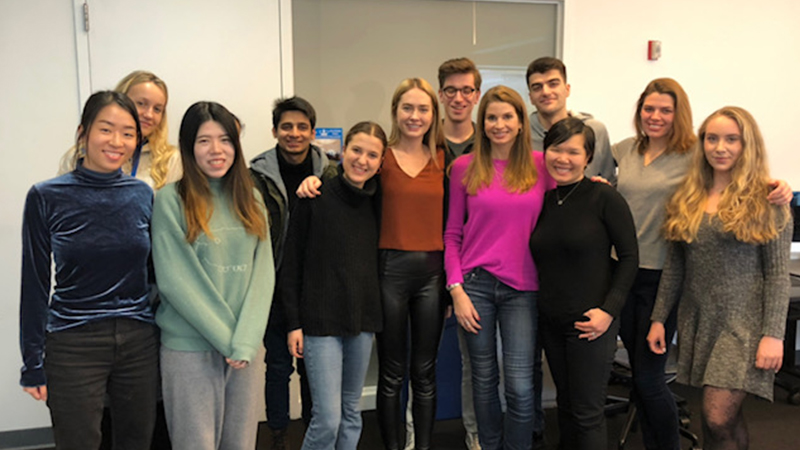
5 Steps To Being A Better Mentor
 One of my favorite parts of my job as an Adjunct Professor at Columbia Journalism happens after the semester is over– coaching my former students as they launch their journalism careers. When I say “keep in touch and send me clips!” at the end of every semester, I really mean it.
One of my favorite parts of my job as an Adjunct Professor at Columbia Journalism happens after the semester is over– coaching my former students as they launch their journalism careers. When I say “keep in touch and send me clips!” at the end of every semester, I really mean it.
I’ve been teaching for five years now and dozens of my former students are reporting in small markets across the country, writing for national news programs, and producing reports along the campaign trail. I don’t keep in close contact with every student– I’m not the right mentor for everyone. But for the students whose recommendations I write, whose praises I sing when prospective news directors call, and whose reels I critique, I appreciate playing a role in this exciting time in their lives. I have five younger brothers and sisters, and sometimes being a mentor gives me that same big-sister satisfaction, of encouraging a younger person while giving them the reality check they need.
Here are my five steps to being a better mentor. Can’t wait to hear yours!
1. Set realistic expectations
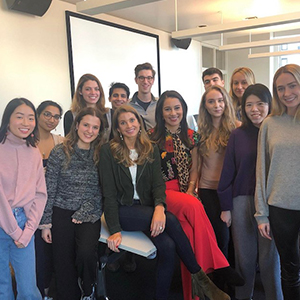
Be upfront about your boundaries and limitations. I tell students clearly, “I’m not in a hiring position at NBC NY and I can’t give you inside access to jobs available there. All of that is handled through our HR department.” I want my mentees to know that I’m open to giving advice and writing recommendations, but I can’t get them a job.
I also tell students that unless they are in active job negotiations, I probably won’t be able to watch reels or write recommendations during the work week. I devote time during the weekend to give career advice, but it generally doesn’t fit during the week when I’m reporting, teaching, and helping my own three children with their school and activities. Recent graduates sometimes expect an email response within 12-24 hours (I have been called out for this in my own reviews from students) but I think that it’s acceptable to flag the email for response on the weekend. I also appreciate when one of my mentees nudges me with a follow up email when I haven’t been responsive.
2. Leverage your contacts
 Having been a news reporter for twenty years, I have a wide network of friends and colleagues. If I don’t know someone in the newsroom where my students want to work, I can likely find them through one or two degrees of separation. Sharing contacts and connections with mentees is one of the most tangible ways you can help. By definition, recent graduates have limited work experience and contacts. And remind your mentees to pay it forward! I love the “full circle” feeling of connecting one recent Columbia graduate to another who graduated four years before. Seeing my network of students help each other with job advice is incredibly rewarding.
Having been a news reporter for twenty years, I have a wide network of friends and colleagues. If I don’t know someone in the newsroom where my students want to work, I can likely find them through one or two degrees of separation. Sharing contacts and connections with mentees is one of the most tangible ways you can help. By definition, recent graduates have limited work experience and contacts. And remind your mentees to pay it forward! I love the “full circle” feeling of connecting one recent Columbia graduate to another who graduated four years before. Seeing my network of students help each other with job advice is incredibly rewarding.
3. Provide actionable feedback
 “Send me clips!” Seeing my students’ news broadcasts through online clips they send me is another great way to keep in touch. I’m able to watch the stories they’re working on and weigh in with feedback on the writing and presentation. It’s actually not all that different than what we used to do in my Video 1 class at Columbia, when we would sit in a darkened classroom and watch student news stories and give constructive feedback as a group. Regardless of the industry you’re in, encourage your mentee to send you some recent work, or even a description of a situation at work, so you have a starting point to give actionable feedback instead of more vague comments that may or may not be relevant.
“Send me clips!” Seeing my students’ news broadcasts through online clips they send me is another great way to keep in touch. I’m able to watch the stories they’re working on and weigh in with feedback on the writing and presentation. It’s actually not all that different than what we used to do in my Video 1 class at Columbia, when we would sit in a darkened classroom and watch student news stories and give constructive feedback as a group. Regardless of the industry you’re in, encourage your mentee to send you some recent work, or even a description of a situation at work, so you have a starting point to give actionable feedback instead of more vague comments that may or may not be relevant.
4. Talk about topics other than work
When I’m speaking with students about small markets where they might want to launch their careers, I like to ask about their interests outside of work to help narrow down the search geographically. What kind of weather do you like? How close do you want to be to family and friends? Would you be able to pursue your passions and interests outside of work in this location? Work is important, yes. But free time is important too. Opening up to my students about how I spend my free time and encouraging them to prioritize their personal lives allows us to connect on a meaningful level. I think I can give my mentees better advice if I have some sense of what makes them happy.
5. Encourage, encourage, encourage
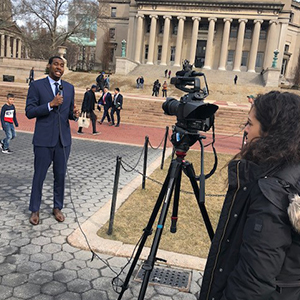
With all of the restrictions and cutbacks due to COVID 19, it is a challenging time for everyone, including recent graduates and people early in their careers. And while no one can predict exactly how different professions will emerge from this, I can certainly try to help my mentees by encouraging them and reassuring them that it’s going to get better. You just never know when your words of kindness are going to be exactly what someone needs to hear that day. It takes courage to reach out to a mentor, to be vulnerable and ask for help and feedback. I think about all of the wonderful people who nurtured and encouraged me along my career path and I try to pay it forward, to put out that same positive energy into the world.
Search
More After the Break: Press Hits
-

Unfinished Business: Revisiting The Stories That Endure
Unfinished Business: Revisiting The Stories That EndureJen Maxfield, veteran Emmy-winning...
-

Unforgettable News Stories
Unfinished Business: Revisiting The Stories That EndureJen Maxfield, veteran Emmy-winning...
-

In her new book, Jen Maxfield delves deep into 10 local news stories she covered for WNBC
In her new book, Jen Maxfield delves deep into 10...
-

More After The Break on St. Louis InTune
More After the Break on St. Louis InTune Jen talks...
-

Author & Emmy Winning Journalist Jen Maxfield On The Five Things You Need To Create A Successful Career As A Journalist
Author & Emmy Winning Journalist Jen Maxfield On The Five...
-

Another Draft of History
Stories That Inspire Hope Read Original Article Here
-

NBC New York’s Jen Maxfield: Telling the Rest of the Story
NBC New York’s Jen Maxfield: Telling the Rest of the...
-

How Unjust Drug Policy and Systemic Racism Created a Class of Innocent Felons
How Unjust Drug Policy and Systemic Racism Created a Class...
-

New Jersey Morning Show
Unfinished Business: Revisiting The Stories That EndureJen Maxfield, veteran Emmy-winning...
-

NBC Reporter Jen Maxfield’s New Book Revisits Past Interviews She Couldn’t Shake
NBC Reporter Jen Maxfield’s New Book Revisits Past Interviews She...
-

Who’s Who From New York Media Come Out To Celebrate NBC News Anchor + Reporter Jen Maxfield’s Book Launch
Who’s Who From New York Media Come Out To Celebrate...
-

14 books to make your July bearable
14 books to make your July bearable What a good...
-
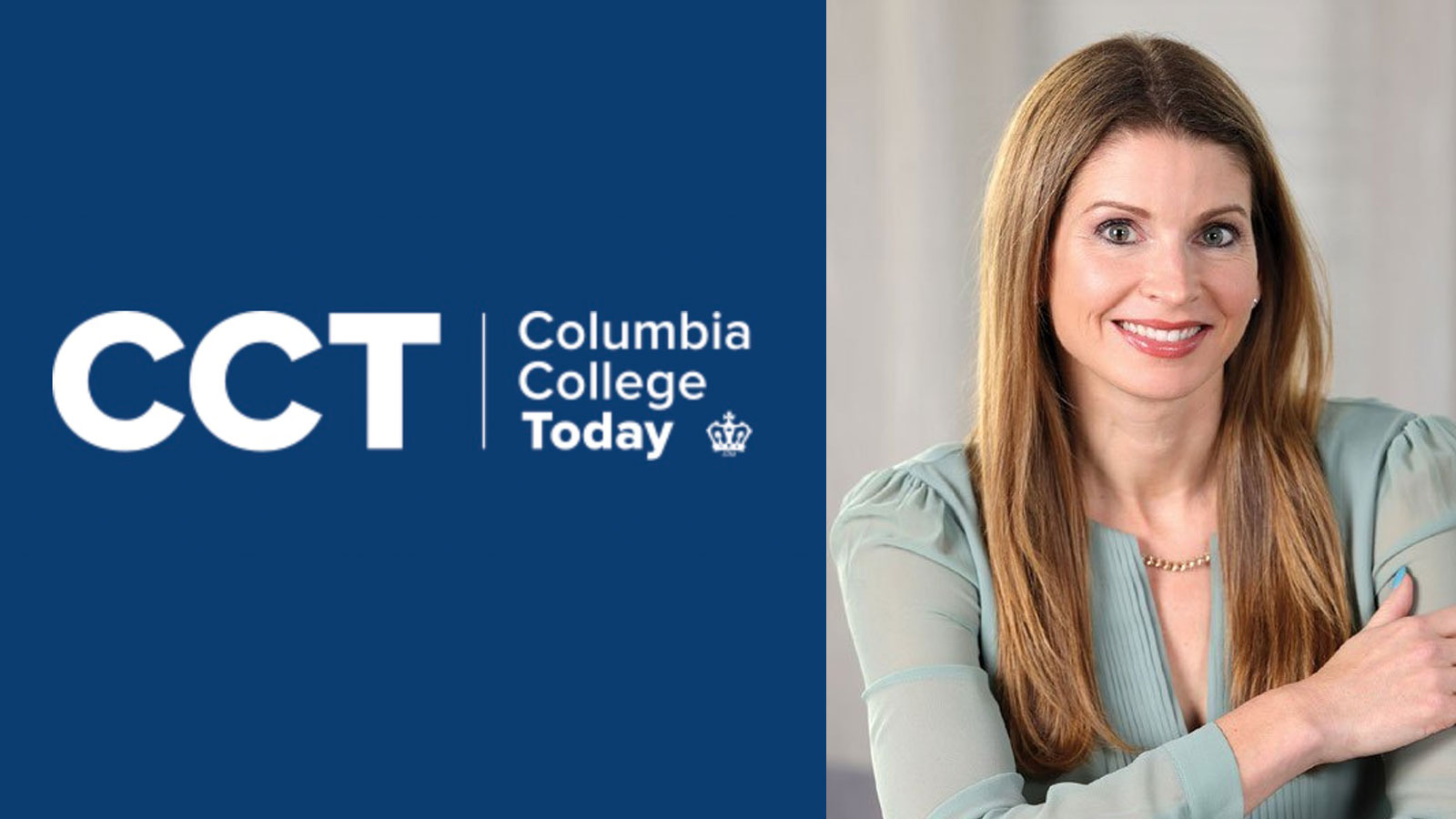
A Reporter Returns
A Reporter ReturnsEmmy Award-winning reporter and anchor for NBC New...
-

Stories That Inspire Hope
Stories That Inspire Hope Read Original Article Here

